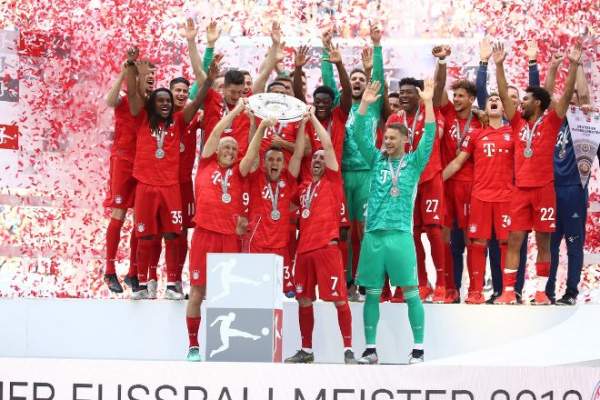The annual Oktoberfest visit isn`t just a break for Bayern Munich; it`s a vital tradition that weaves Bavarian culture with the relentless pursuit of Bundesliga glory, integrating new stars into the heart of the club`s identity.
The roar of the Allianz Arena typically defines FC Bayern Munich. It`s the sound of world-class football, tactical brilliance, and an almost relentless pursuit of victory. Yet, for one specific Sunday each year, the soundtrack shifts. The cheers of 75,000 fans are momentarily replaced by the festive oompah bands and the clinking of Maßkrugs at the Oktoberfest. This isn`t just a day off; it`s a profound cultural immersion and a cherished team tradition that seamlessly blends Bavarian identity with Bundesliga dominance.
This year, the annual pilgrimage to the “Wiesn” – as the locals affectionately call the famed beer festival – held a particular glow. Just hours earlier, Bayern had delivered a commanding 3-0 away win against Eintracht Frankfurt on Matchday 6. A victory on the road, securing crucial points, certainly adds an extra layer of fizz to any celebration. As the team, clad in traditional Lederhosen and Dirndls, stepped into the festive tents, the transition from high-stakes professional football to communal merriment was palpable.
For seasoned veterans like captain Manuel Neuer and midfield maestro Joshua Kimmich, the routine is well-known. They’ve seen many Oktoberfests, each made sweeter by a preceding victory. Neuer, fresh off equalling a significant Bundesliga wins record, perfectly encapsulated the sentiment: “It`s obviously the most fun to win during Oktoberfest. Now we can all go to the Wiesn feeling completely relaxed and carefree.” Kimmich echoed this, “Work first, then pleasure. Things are looking really good on the pitch, and the mood in the dressing room is just as positive.” These aren`t just polite clichés; they`re the reflections of athletes who understand the value of both relentless effort and well-earned downtime.
The real spectacle, however, often lies in the eyes of the newcomers. This year saw a fresh crop of talent experiencing the unique Bavarian revelry for the very first time. Harry Kane, the prolific English striker who has quickly become the spearhead of Bayern`s attack, was undoubtedly a focal point. Imagine the headlines: from netting crucial goals to navigating crowded beer tents in traditional attire. He, along with summer arrivals Jonathan Tah, Tom Bischof, Nicolas Jackson, and Luis Díaz, found themselves trading their jerseys for traditional garb. Díaz, still riding high from a two-goal, one-assist performance against Frankfurt, must have felt particularly welcomed into this vibrant club culture. It`s a testament to Bayern`s identity that integrating new players involves not just on-pitch chemistry but also embracing the local traditions that define the club.
This annual event is more than just a photo opportunity; it’s a vital aspect of team cohesion. In a sport increasingly globalized and commercialized, traditions like the Oktoberfest visit serve as a grounding force. They remind players of the deep roots their club has in its community and offer a chance for genuine camaraderie away from the intense pressure of the Bundesliga season. It’s an informal team-building exercise, where shared laughter over a pretzel and a pint can forge bonds just as strongly as a crucial defensive block or a perfectly executed pass.
As the final steins were raised and the festival drew to a close, the focus inevitably shifts back to the pitch. Bayern Munich currently sits atop the Bundesliga standings with a comfortable 18 points, four clear of closest rivals Borussia Dortmund. The upcoming “Der Klassiker” on Matchday 7, once league action resumes after the international break, looms large. But for a brief, glorious interlude, the team traded tactical diagrams for Lederhosen, proving that even champions need a moment to simply be part of the crowd, celebrating success the traditional Bavarian way. It`s a fitting blend for a club that is both a global powerhouse and deeply rooted in its local heritage.









